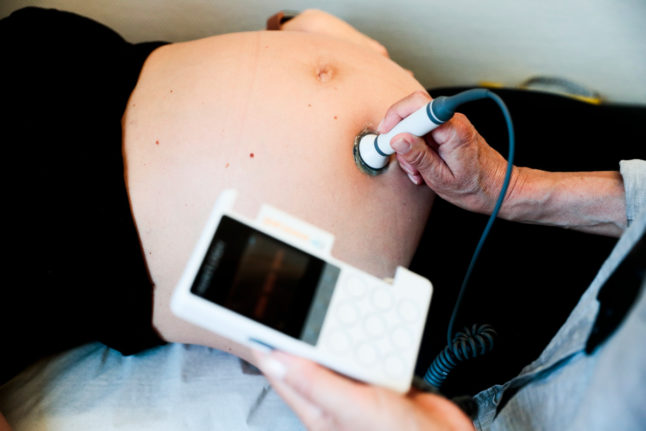The lunchroom refrigerator remains locked and employees have been warned not to leave their food unattended.
“The atmosphere is tough, no one trusts anyone,” one employee who wished to remain anonymous told the Göteborgs-Posten (GP) newspaper.
“We can’t even leave a coffee mug if we need to go to the bathroom.”
Since August, a total of five workers have taken ill on three different occasions after eating in the office lunchroom.
One of the poisoning victims required transport to the hospital by ambulance, and a total of three were hospitalized from the resulting symptoms.
Police were called in September after traces of a white substance were found in some of the remaining food, which has been sent for analysis to the Swedish National Laboratory of Forensic Science (Statens kriminaltekniska laboratorium – SKL).
“The people had clear signs of poisoning and, on one occasion, traces of a powdery substance were found in the food,” David Hallberg, an investigator with Hisingen police, told the newspaper.
“We haven’t found reasonable suspicions against anyone. It’s a real nightmare scenario where everyone suspects everyone.”
While police have closed their investigations into the first four cases, the fifth case remains open and is expected to be completed in February.
In the mean time, the office’s 45 employees, most of whom are caregivers and healthcare workers, continue to avoid eating in the lunchroom as they attempt to put the poisonings behind them.
“This has been traumatic for us,” the local district healthcare director Anita Wenblad told GP.
“We’ve had a good working relationship with the police but it’s obviously frustrating that it hasn’t been possible to come up with anything concrete. Right now we’re working on distancing ourselves from speculation and sticking to the facts.”
Wenblad added that there hasn’t been any reason to believe that someone would want to harm the team of healthcare workers.


 Please whitelist us to continue reading.
Please whitelist us to continue reading.